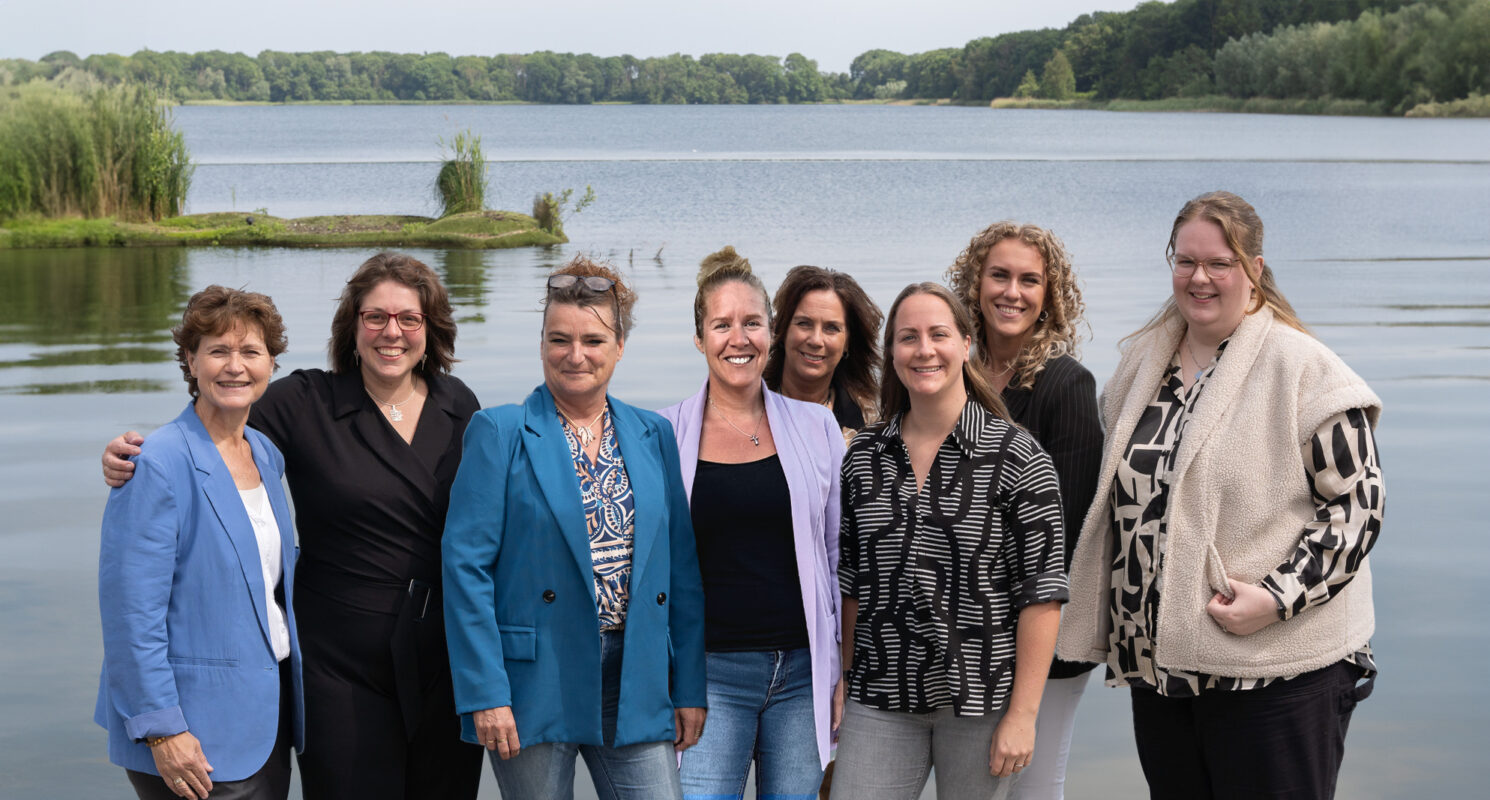You can reach World Water Academy by telephone: +31 030 606 94 00 or e-mail: info@worldwateracademy.nl.
Field Knowledge of Water Systems
Learning targets
With the European Water Framework Directive (KRW), you’re not dealing with dry material, but instead, you’re fully immersed in the water. To meet the ecological and chemical requirements of the directive, as a water manager, you need to know how the water ecosystem works, what lives in it, and how to measure the chemical parameters that reflect the water’s condition. What would you like to do and know?
The Field Knowledge of Water Systems course satisfies your curiosity about the aquatic ecosystem and covers its basic knowledge. The physical, chemical, and ecological aspects are discussed, along with the relationships between these factors. You will learn about different water systems, including the plant and animal groups that live there, and discover the connections between the presence of these groups and water quality. You will also determine water quality based on chemical and biological data.
This practical course will get you hands-on experience with field knowledge of water systems. The transition from theory to practice has never been so tangible!
The following topics will be covered:
- introduction to ecology
- physical aspects such as temperature, flow, waves, and light
- chemical aspects such as nutrients, oxygen, pH, carbonate balance, and macro-ions
- food chains and webs
- common organisms such as aquatic plants, macrofauna, fish, phytoplankton, and zooplankton
- material and energy cycles
- nutrient cycles
- determining water quality
After completing this course, you will have the following knowledge & skills:
- practical understanding of water systems
- flora and fauna in relation to the KRW
- determining water quality based on biological and chemical data
Program
World Water Academy has carefully put together a varied program for you. The Field Knowledge of Water Systems course lasts 5 days, with an emphasis on applying knowledge in practice. After a theoretical introduction, we dive into the field and the laboratory. You will be assigned a water system where you will provide an indication of its chemical and ecological status. You will conduct simple physical and chemical measurements, determine growth forms of aquatic plants, and analyze macrofauna and phytoplankton samples.
Aquatic Ecosystem
- structure of the ecosystem
- flora and fauna, food chain and food web
- waterbeds and shores
- physical and chemical aspects and their interconnections
- types of aquatic plants, phytoplankton, macrofauna, and fish
- indicators and the environment
- presence of species and indication of environmental conditions
- differences and similarities between ecosystems
Frameworks, Policy, and Legislation
- introduction to legislation, standards
- code of conduct
- relationship with the KRW (Water Framework Directive)
- good chemical and ecological status
- use of indicators
- data interpretation and water system assessment
Sampling of Stream Systems (field visit)
- aquatic plants, macrofauna
- growth forms
- function in the ecosystem
- indicators
- identification by main groups
Phytoplankton and Zooplankton Analysis (Laboratory Practicum)
- function in the ecosystem
- algae occurrence by season
- identification by main groups
- indicators
- microscopic examination
Personal input
At World Water Academy, everything revolves around both knowledge and practice. Therefore, we expect each participant to bring their own work experiences to the course. What challenges are you facing? And what experiences can you share so that others can learn from them?
Target group
The Field Knowledge of Water Systems course is intended for all water management professionals who want to become familiar with water systems, learn how to determine their chemical and ecological status, and understand water quality issues.
Learning Together
Our group-based approach creates an enthusiastic learning environment where you can engage in valuable discussions about both the content and your work situation.
Entry Level
You should have an educational background at the VMBO, MBO, HBO, or university level, and be eager to get into the field.
Feel free to ask us about our products and courses
